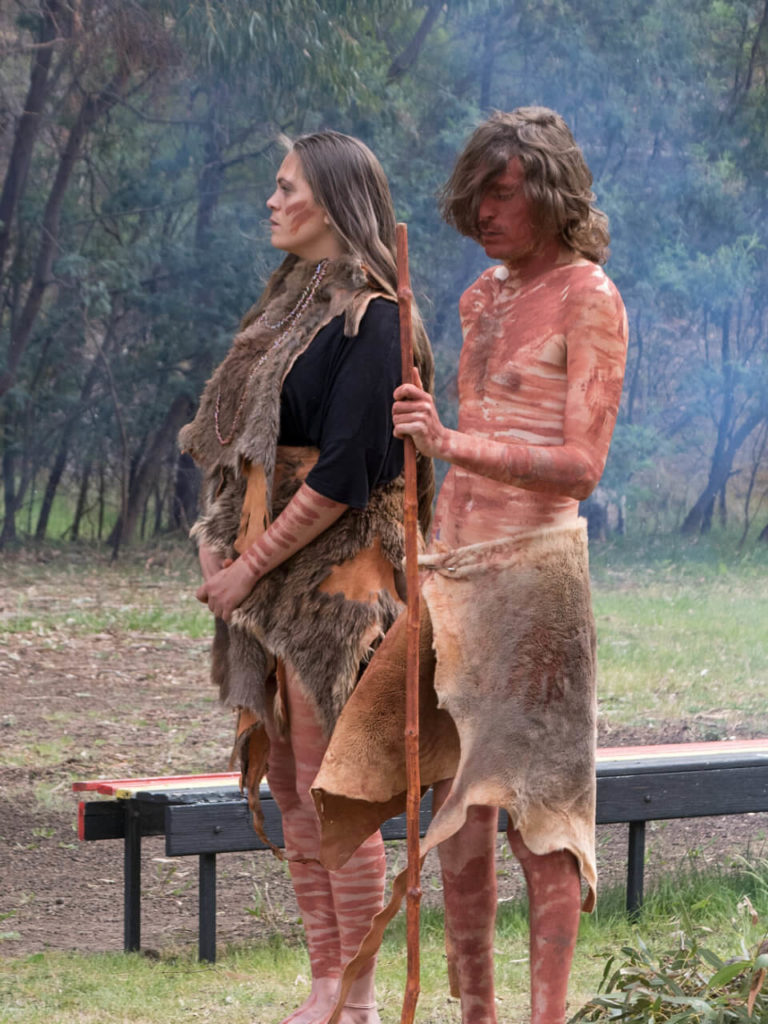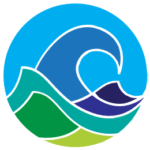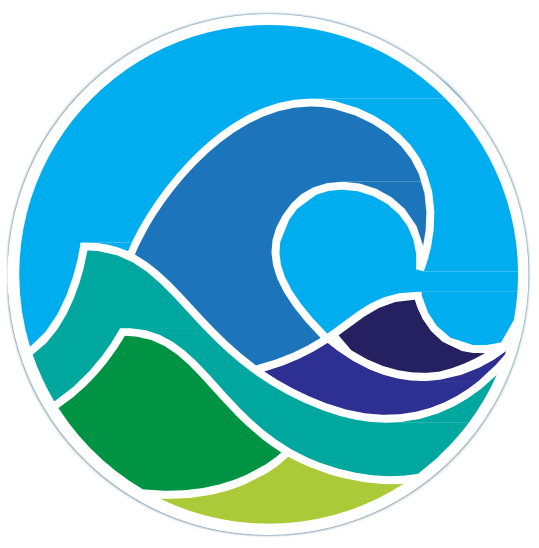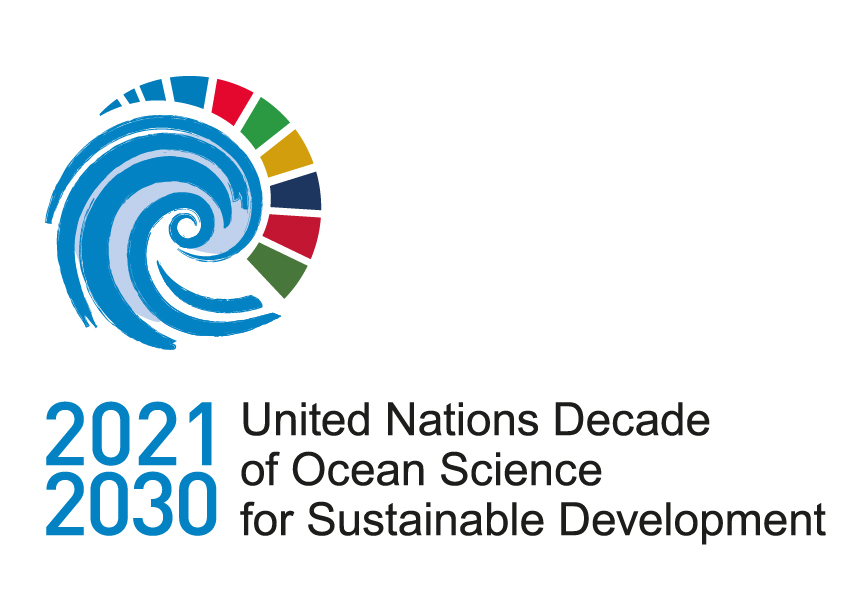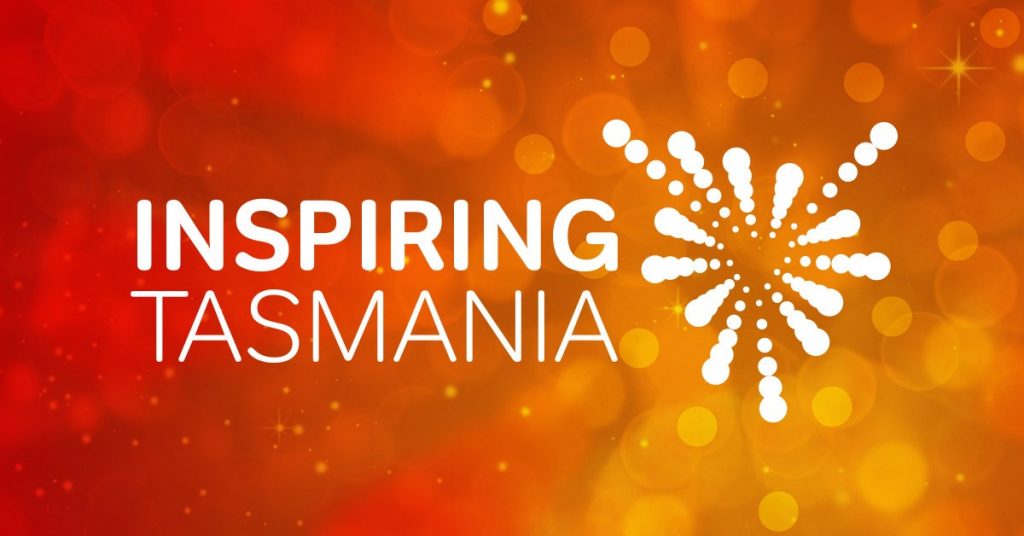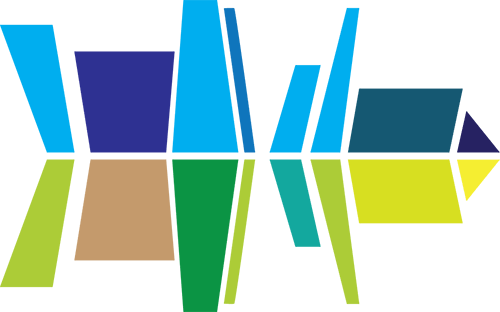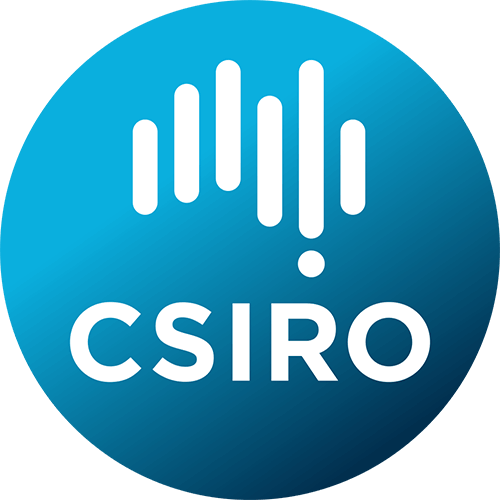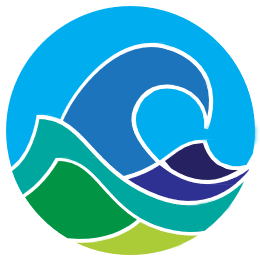The scenarios developed during the Future Seas project have recently been added to the Biosphere Futures website (https://www.biospherefutures.net/scenarios/future-seas/2019). Biosphere Future is an online database that offers a global collection of place based social-ecological scenario case studies hosted by the Stockholm Resilience Centre. The goal is to strengthen the community of practice and help people find inspiration and resources by allowing practitioners and researchers to learn about scenarios, explore case studies from around the world and showcase their own work. The aim is to facilitate assessment, synthesis and comparative analysis of scenario case studies.
The Future Seas 2030 Special Issue in Review in Fish Biology and Fisheries is now out!
The Future Seas 2030 Special Issue is the product of a large-scale inter and transdisciplinary collaboration that includes ecologists, psychologists, public health and education experts, philosophers, oceanographers, climate modelers, economists, social scientists, engineers, mathematicians, natural resource managers and information and communications technology researchers, as well as governance, ethics, finance and insurance, and law and policy experts from 12 countries and 25 nationalities. A unique and fundamentally important aspect was the involvement and collaboration with Traditional knowledge holders and Indigenous scholars and Elders from 13 First Nations around the world through a Traditional and Indigenous Peoples’ Working Group.
Collectively, this Special Issue explores possible futures for our oceans by 2030 for a series of ‘key’ societal challenges, from climate change, food security and biodiversity, through to issues of ocean governance, ocean literacy and the blue economy. Most papers explore a ‘business-as-usual’ future—what the future might look like if we continued to follow our current trajectory, and then a ‘More Sustainable Future’—what our future could entail if we used available knowledge and technology to achieve a future more aligned with the United Nations Sustainable Development Goals (SDGs). Each paper then explores pathways to achieve that more sustainable future, considering and describing what actions we need to take to achieve the future we want. These action pathways provide a roadmap to a future where society can thrive whilst respecting the ocean’s intrinsic limits. Our world is currently changing very rapidly and the future we create is a choice—but it is not a choice between transformation or not—transformations are already underway. Instead, it is a choice as to whether we can direct those changes toward a more positive outcome for the 8.5 billion people the planet will need to support by 2030, and the coastal and ocean ecosystems they depend on.
Art credit: Sacha Bryning
The Centre for Marine Socioecology invites you to the performance of ‘Full Metal Aquatic’ to celebrate the launch of the Future Seas project and to mark the upcoming Future Seas special issue in the Journal Reviews in Fish Biology and Fisheries. The event has been recognised as a UN Ocean Decade Activity.
In the year 2030, the Reverie floating platform is the ultimate in offshore luxury: a high-end tourist destination, fish farm and energy source. Without warning, it's been taken down by hijackers. Now, Reverie designer Lara Nguyen is reluctantly pulled out of retirement to help infiltrate the facility she left a decade ago - and to face her own dark secrets.
Full Metal Aquatic is a high-stakes action thriller set in the oceans a decade from now. But crucially, the story takes place in two different futures. Working with researchers from the Future Seas project, writers Jordan Prosser and David Finnigan will tell the story of the Reverie's hijacking in the future we hope to see - and in the future we want to prevent. It is designed to be a light-hearted and creative way to explore what our future could feasibly look like, depending on the actions we take now.
This is an online performance followed by a game and discussion hosted by experts which unpacks the critical forces that are shaping the future of our oceans.
There are three options to attend online, the performance will be the same, but the introduction will vary to suit the different audiences:
- An online performance aimed for the Future Seas Participants and the remote scientific audiences (International and mainland Australia) on the 1st Feb at 7pm (Hobart time). Introduction by Dr Kirsty Nash (book for the online performance here).
- An online performance aimed for local marine stakeholders on the 2nd Feb at 2pm (Hobart time). Introduction by Dr Beth Fulton (book for the stakeholder event here).
- An online performance aimed for the general public on the 2nd Feb at 6.30pm (Hobart time). Introduction by Prof Gretta Pecl (book for the public event here). Download poster of the event here.
Please follow the links to register or contact: [email protected]
Event co-sponsors:
The Future Seas initiative is a partner of the Global Ecosystem for Ocean Solutions Programme (GEOS).
The goal of the GEOS Programme is to support the development, testing, and deployment of equitable, durable, and scalable ocean-based solutions for addressing complex ocean health and climate challenges. The GEOS ecosystem will work through three building blocks: the (1) the GEOS Network, which brings together international partners representing a multi-sector community of researchers, engineers, innovators, investors, and decision-makers, (2) the GEOS Task Forces, which will engage the Ocean Decade’s Community of Practice and the GEOS Network to co-design solutions “roadmaps” that identify critical research and innovation needs and articulate a shared vision and agenda to advance ocean-based solutions,, and (3) the GEOS Innovation Engine, which will use the roadmaps as blueprints to catalyze action for co-creating new Decade Actions and activating the research, startup, industry and civil society innovation ecosystem to prototype and deploy those solutions for system-level impacts.

The challenge 4 team draw on several established frameworks to create a guide for ocean literacy-focused activities and interventions.
You can find the Ocean Literacy Toolkit here.
As the global population increases and improved technology makes coastal resources more accessible, building a sustainable and equitable blue economy will require place-based solutions adapted to the conditions of each coastal community, according to a new study.
The IMAS-led study, published in Reviews in Fish Biology and Fisheries, is part of the Centre for Marine Socioecology (CMS) Future Seas project. It looks at coastal over-crowding and the conflicted spaces these changes in population and technology have caused and provides a pathway to a sustainable blue future through conflict mitigation and resolution.
Link to media release
Media contact: Dr Narissa Bax, m: +61 414 583 481
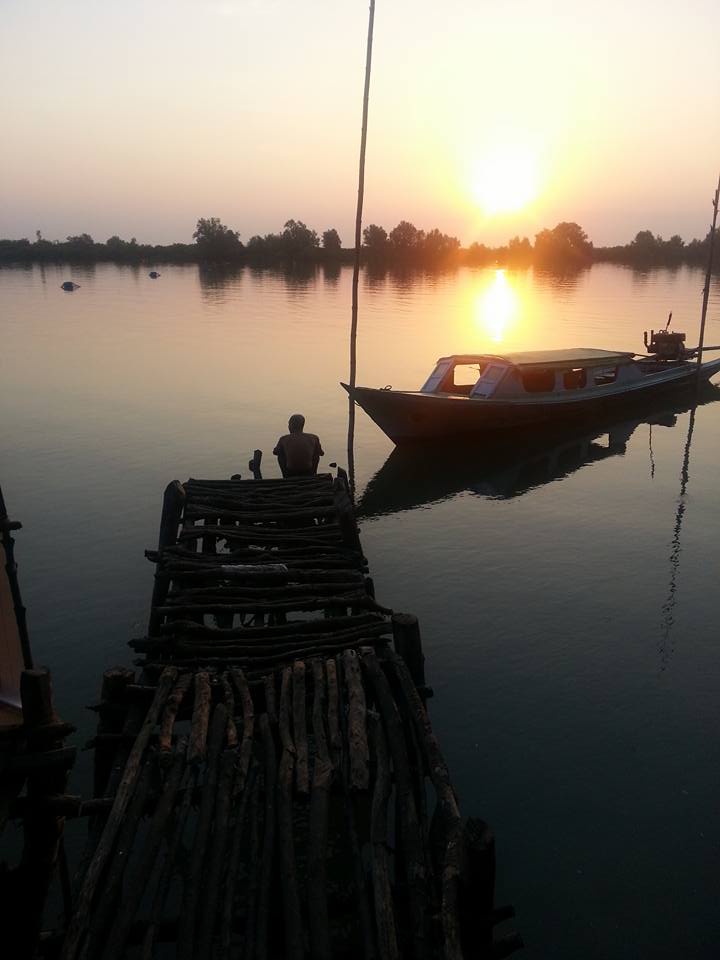
Several Future Seas workshops were held throughout 2019, culminating in a major five-day workshop in November 2019. The key motivation of the weeklong workshop was to invite experts from around the world to Tasmania, to be part of a Future Seas Traditional and Indigenous Working Group, to define and lead their own ‘key challenge’ for the ocean. We are grateful to have the leadership and ongoing involvement of the Snowchange Cooperative, an innovative network and scientific organization working with and representing local and Indigenous cultures around the world, and participation of Indigenous knowledge holders, scholars and Elders from Finland, Taiwan, Canada, Greenland, New Zealand, Papua New Guinea and of course Australia.
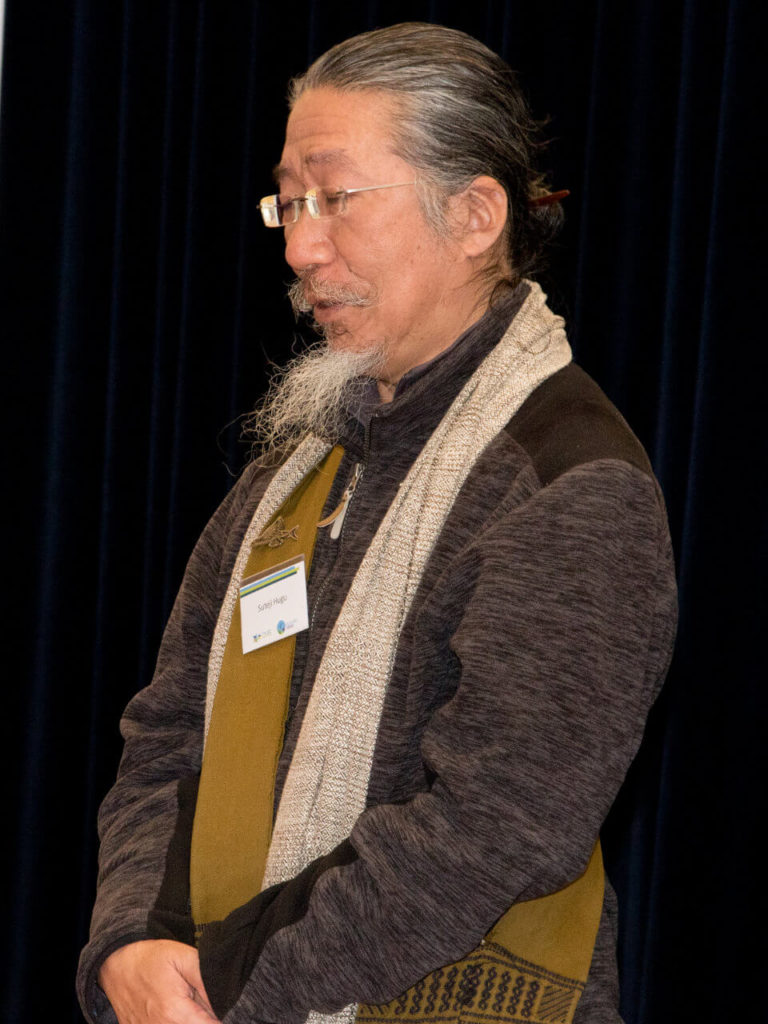
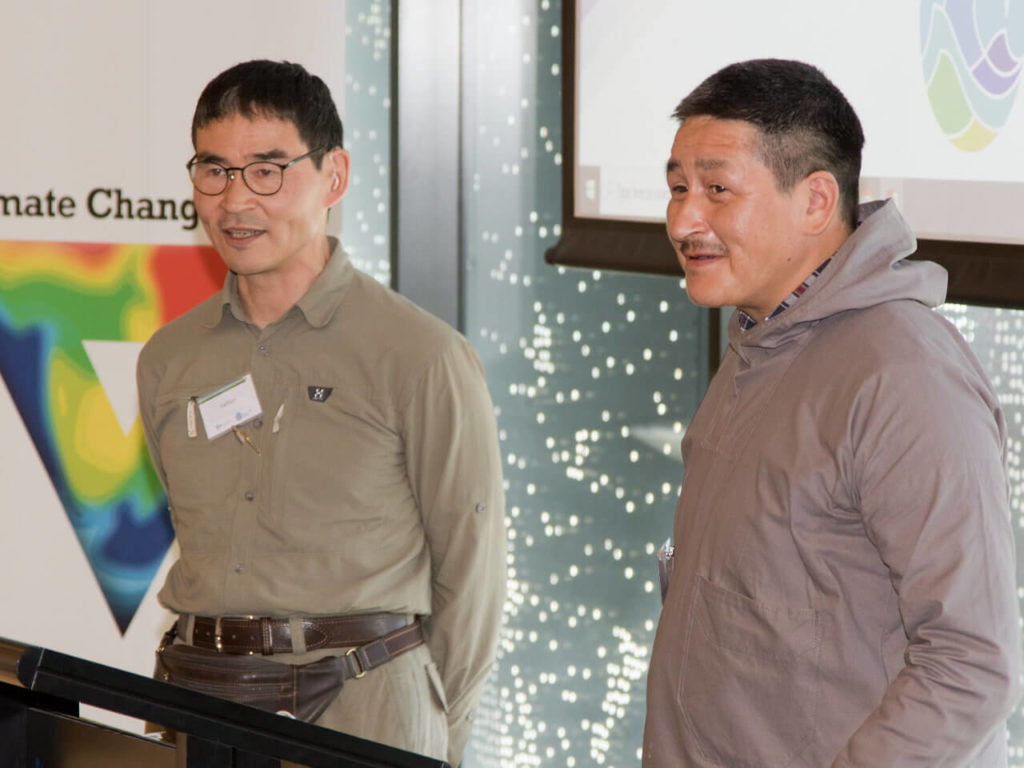
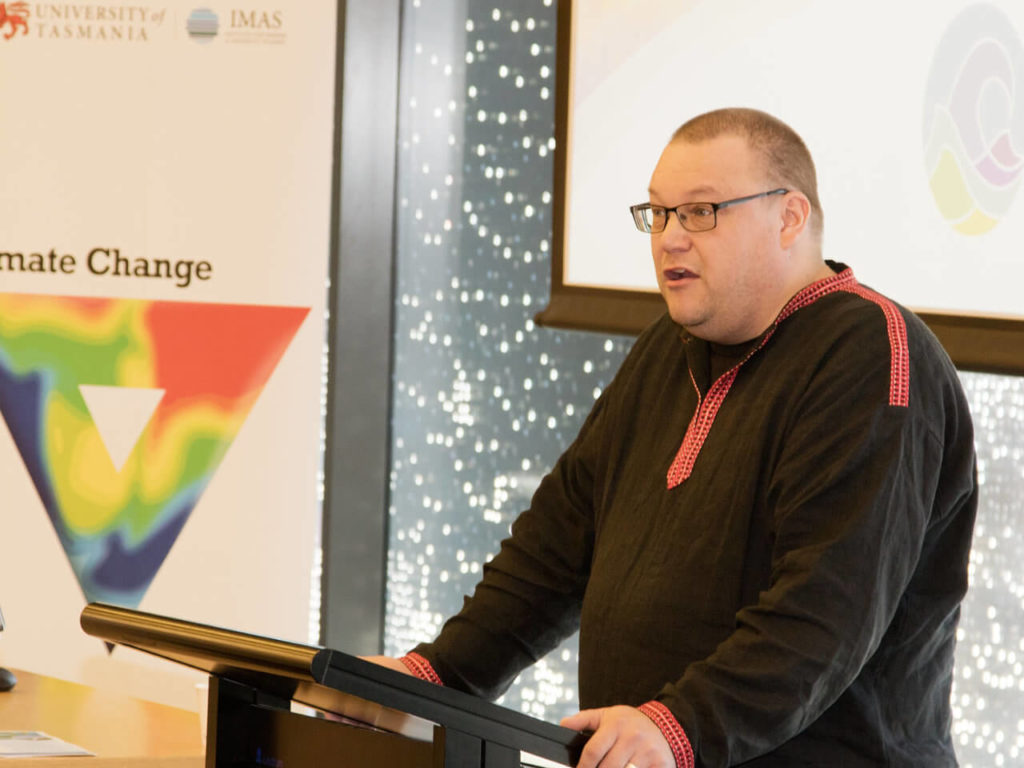
Dr Tero Mustonen of the Snowchange Initiative, chairing a workshop session on ‘Perspectives from Traditional and Indigenous Knowledge holders’ at the start of the workshop 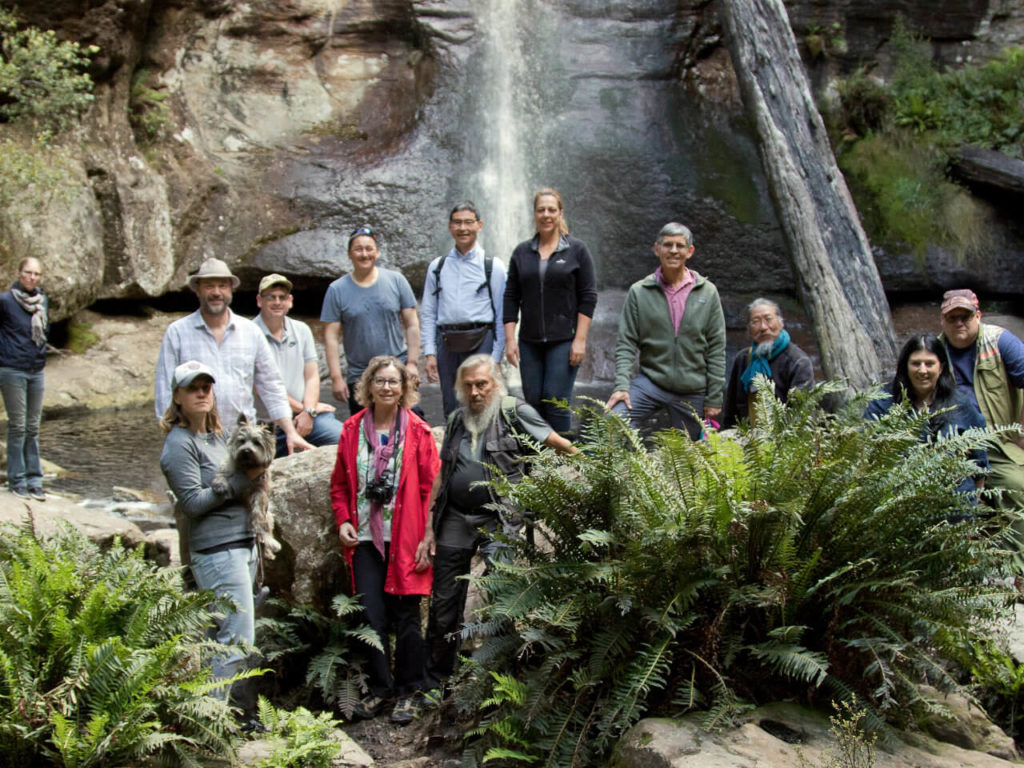
Traditional and Indigenous Working Group 